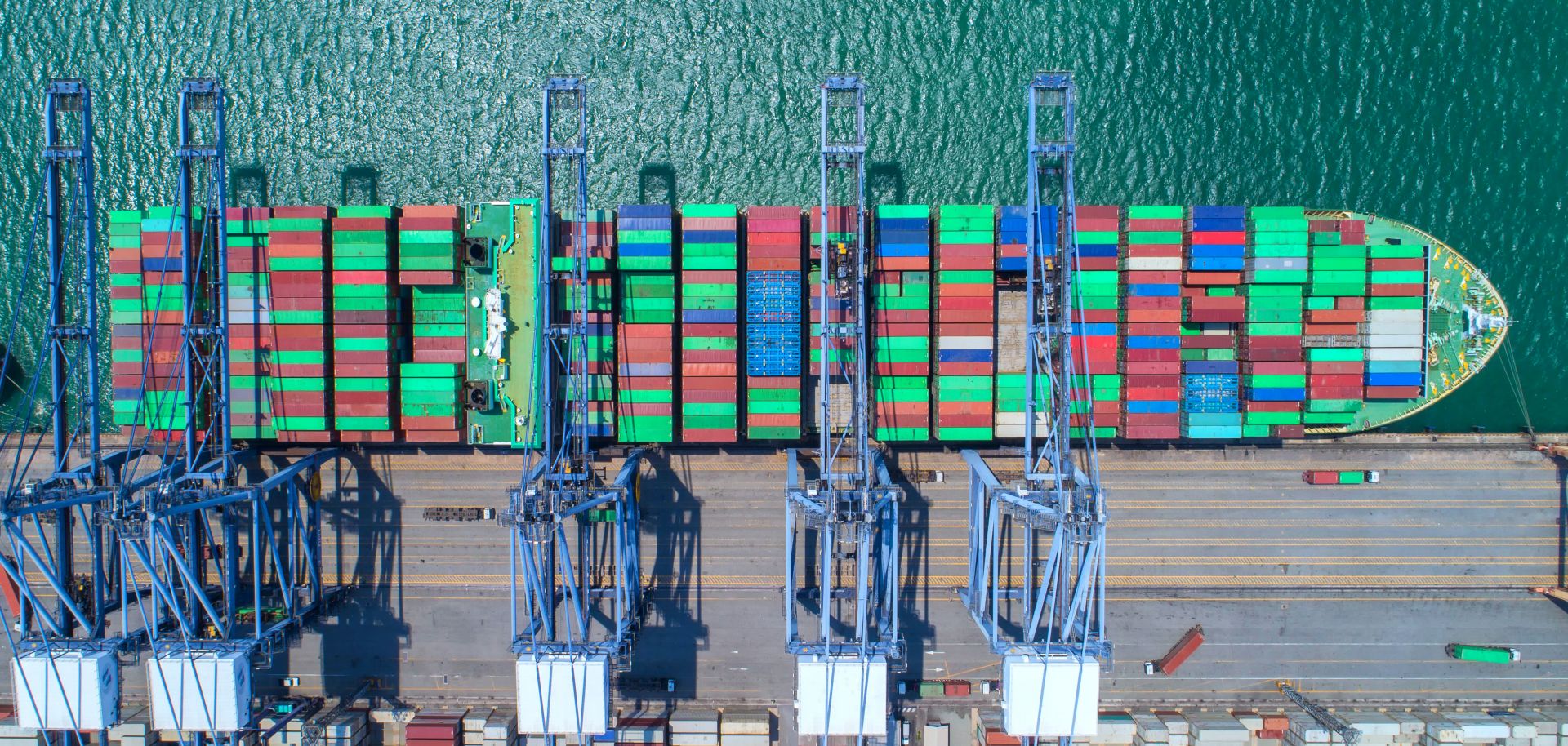ASSESSMENTS
Southeast Asia Is on the Front Lines of the U.S.-China Trade War
Sep 20, 2019 | 18:39 GMT

Southeast Asian countries stand the most to gain, and lose, from the U.S.-China trade war. But while some countries have benefited more than others (namely, Vietnam), all are facing challenges that risk cooling their growing economies.
(Shutterstock)
Highlights
- Southeast Asia’s export-oriented economies are having to adapt to slackening growth fueled by the U.S.-China trade war, as well as China's own economic slowdown and declines in global demand.
- Vietnam has so far largely benefited from the influx of companies relocating from China, but still faces risks due to its deep integration with Beijing's supply chains. Singapore, meanwhile, is facing major economic setbacks but can leverage its wealth to manage them.
- Given its recent political transition, Thailand is particularly vulnerable to any additional economic strain. Indonesia's $7 billion current account deficit will limit its ability to weather the storm as well.
- To ease the impact of global uncertainty, most Southeast Asian countries will take action to stabilize their volatile currencies, and deploy incentives to attract foreign investment and manufacturers leaving China.
Subscribe Now
SubscribeAlready have an account?
